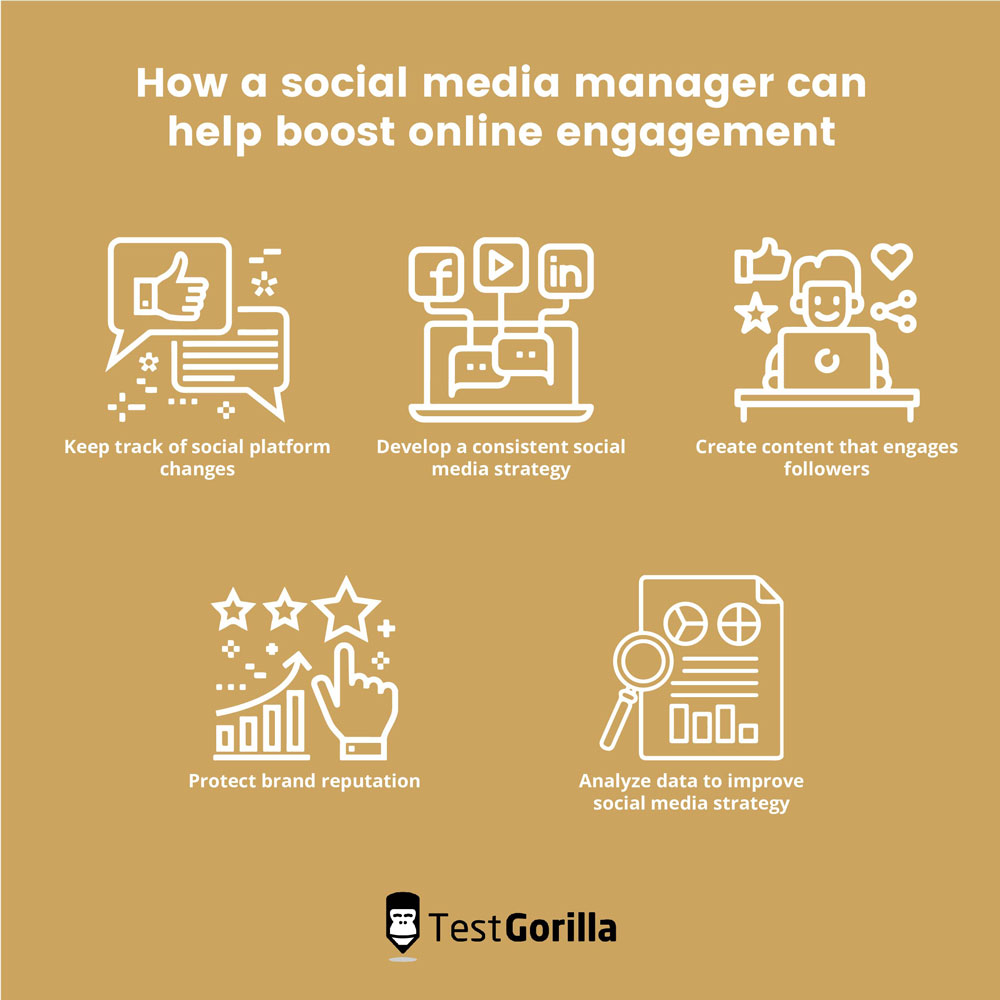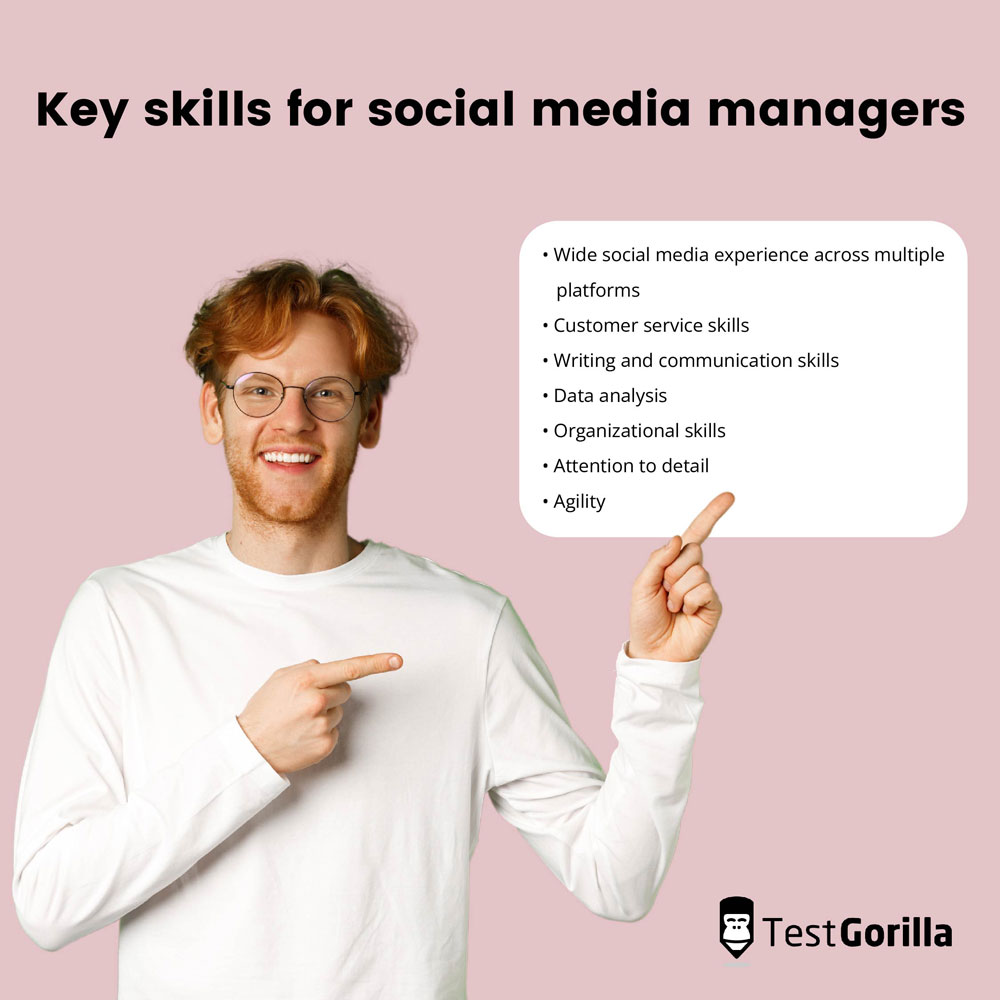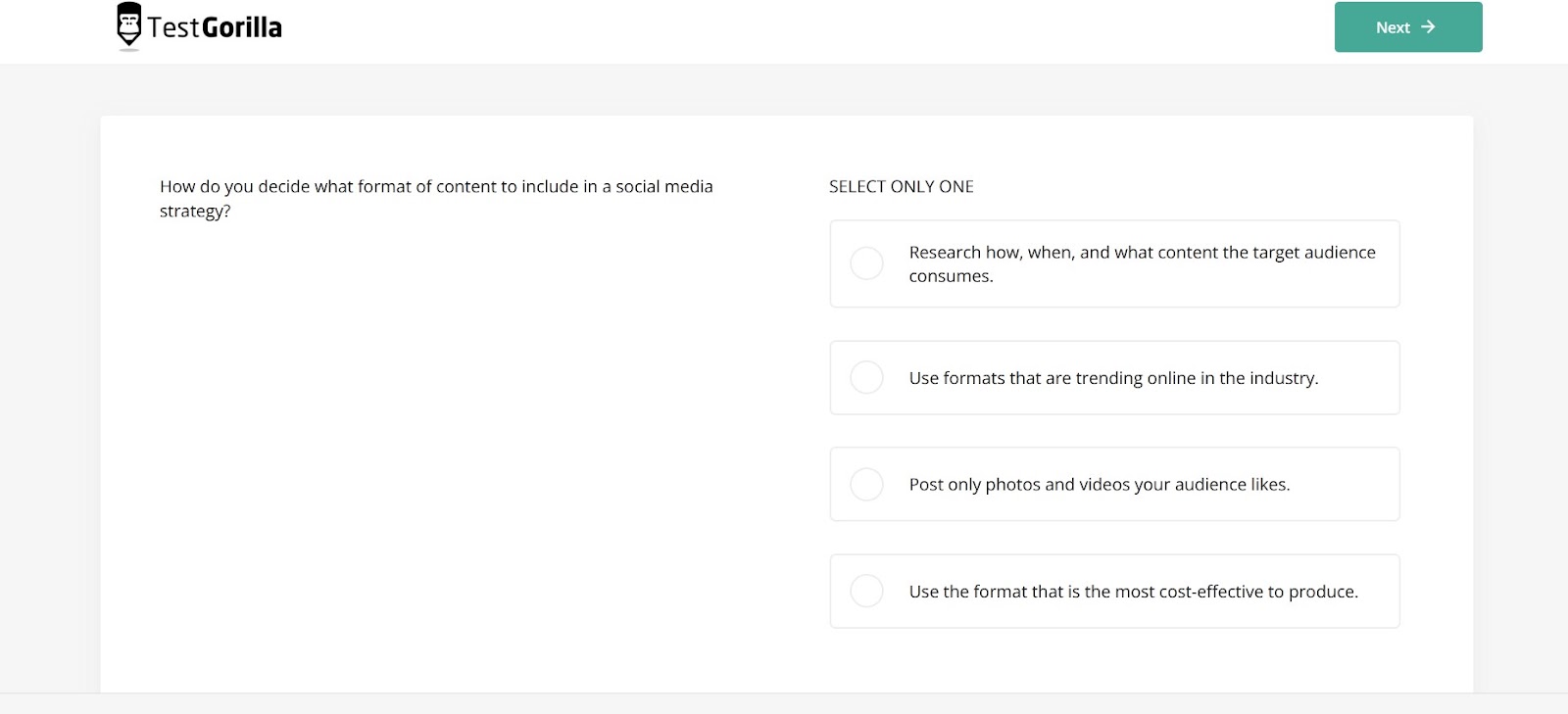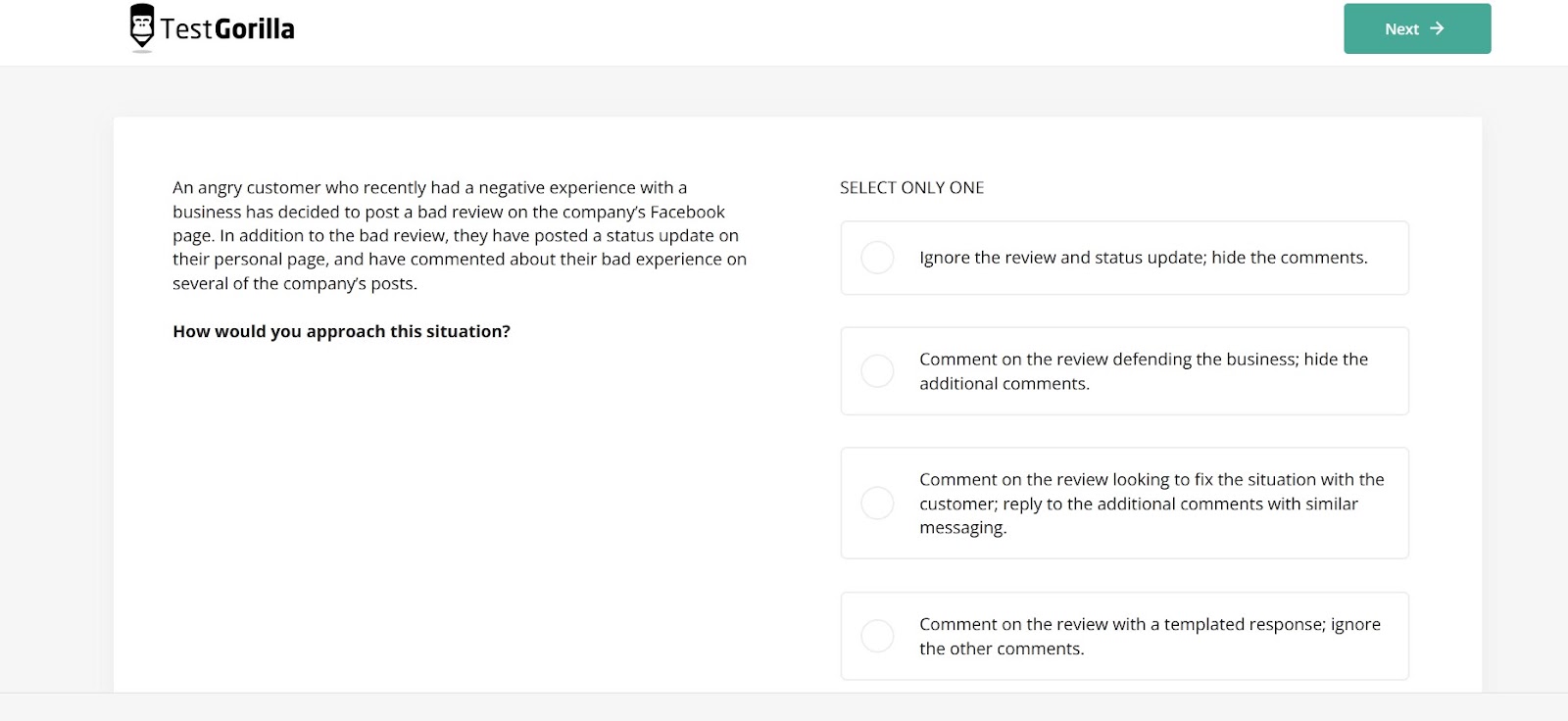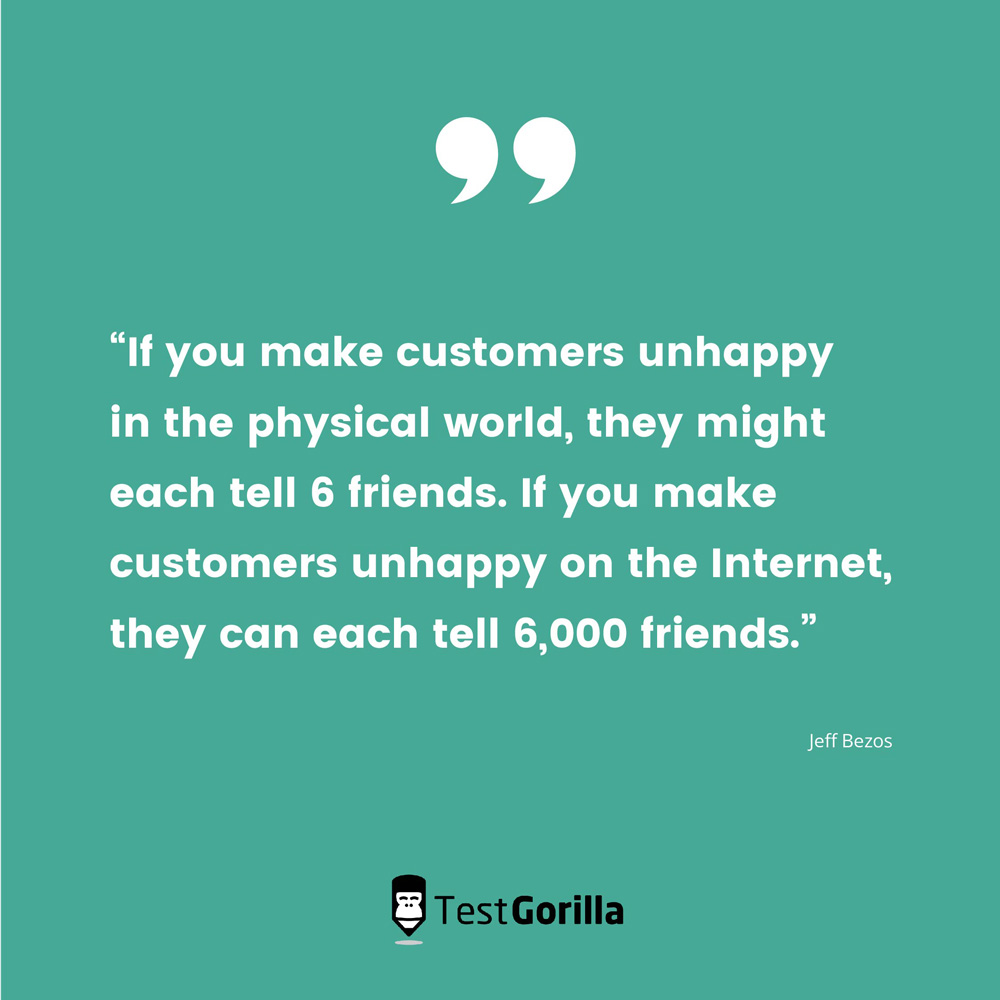Ah, good old social media. It’s not just about cute cat videos or funny memes – it’s a doorway to a huge global market with more than 4.62 billion users around the world as of January 2022.
The social landscape has changed from the days when all a business had to do was post organic content to boost their marketing efforts. Today, with more than 93% of social marketers using Facebook and another 78% using Instagram, it is more daunting than ever to stand out from the competition. But how does your company avoid being drowned out by all the noise?
The smart answer is to hire a social media manager.
Social media platforms are constantly moving the goalposts when it comes to brand content. Take the mysteries of the Facebook algorithm, for example. You need to understand it and know how to signal it if you want to succeed in marketing your organization there. That’s just one of the reasons why hiring a great social media manager is vital.
You may well be asking at this point how you will know if a candidate is going to be a good social media manager. Is there an easier way than trawling through a ton of CVs and social media portfolios? Maybe there is some kind of specialized social media test? Actually, yes there is; and we’ll take a deeper look at that later in the article.
Table of contents
In case you’re still not quite convinced that you need to hire a social media manager, we’re going to kick off with more rock-solid reasons why you should.
Regular and consistent social media posts
“I’ll do the social media posts tomorrow, they don’t take long.” Have you ever said that? Most of us would probably push the social posts to the bottom of our ever-growing to-do list, but that would be a mistake.
Tomorrow turns into the next day, then the next week, then⋯you get the picture. It doesn’t get done, and then you realize it’s been nearly a month since you last posted and your followers have started to go elsewhere. And what are you posting, anyway? Do you do it just for the sake of posting, or is there a plan behind it?
Social media managers are masters at creating a consistent social media strategy, ensuring that your content actually means something to your followers and builds trust in your organization.
A social media manager will also keep your followers up to date on your brand by posting regularly. It’s also important to attract new people to your social pages, and that’s much easier to do when you’re posting fresh and interesting content on a regular basis.
Keep up to date with social platform changes
Remember the Facebook algorithm we mentioned earlier? All social media platforms have their own algorithms. Social media managers track any algorithm changes and trends within a social platform so they can adapt their content accordingly.
They should also keep an eye on new platforms and think about what strategies would work best to help your business thrive on the respective platforms. TikTok probably wasn’t even on your radar as a useful social platform for enterprise business, but 72% of TikTok users surveyed from 2020-2021 say that ads on TikTok are more inspiring than on other platforms. On the back of that, brands are starting to create adverts to cater specifically to a TikTok audience.
Social media managers keep up with all these changes and trends so that you don’t have to.
The best insights on HR and recruitment, delivered to your inbox.
Biweekly updates. No spam. Unsubscribe any time.
Engage with your users and grow your audience
Employees randomly posting anything on your social channels without a clear plan just won’t cut it anymore. People want content to engage with, and they want to know that your organization cares about them too. If you appear indifferent to them, why should they care about your brand?
A social media manager will always be monitoring your pages for any threats to your brand’s reputation, and they can also gain extra insights by asking followers questions about the brand, or what they would like to see more of on social media.
Responding quickly to positive or negative feedback is also essential, as it shows that your organization is actively listening and dealing with any issues. Social media then becomes another customer experience enhancement tool to help your customers.
Represent your brand in the best way
We mentioned dealing with threats to reputation above, and we’ll take a look at how social media managers can protect your brand.
Every message, comment, and review left on your social channels has the ability to impact your organization for good or bad. Social media managers are ever-alert, and they have all the processes in place for dealing swiftly and professionally with them. They know exactly how to represent your brand and solve potential issues.
It’s important your social media manager has a lot of experience in this area, because they can fix problems before they get bigger. You may think one or two negative reviews aren’t such a big deal, but consumers tend to trust the opinions of strangers almost as much as friends. Interestingly, about 85% of consumers agree strangers’ reviews are trustworthy, and 60% say negative reviews would make them decide not to use that business or organization.
Little sparks like this can soon grow into an inferno if not addressed immediately. Your social media manager wears many hats, but that of a firefighter may be one of the most important ones for your brand’s reputation.
Post analysis
Analyzing how well your social posts are doing involves a lot more than counting likes and engagement. Social media managers know how to provide you with the full picture, and they do this by using reporting and analytics tools.
They can see what posts did best, the demographics, the amount of clicks on your post links, what times/days work best for posting, and more. Analyzing posts is a science, and this data can be used to improve and update your social media strategy accordingly.
For instance, at the end of the month, a social media report can give you information on:
What was done that month
How well the content did compared to previous months
What the next steps should be
Social media managers don’t just analyze how well your organization’s posts are doing, they also monitor your competitors and keep a close eye on emerging trends.
Saves you time and money
You may be agonizing about the extra cost of a dedicated social media manager, but they will not only save you time, they will ultimately save you money. A good social media manager will monitor campaigns closely, ensuring your money is well spent, and their quick actions to protect a brand’s reputation can be a lifesaver.
You need to look at the big picture when reviewing the cost of hiring a social media manager. Think about the amount of time that needs to be spent on posting, engagement, research and analysis, as well as creating, overseeing, and adjusting your social media strategy. Then, multiply that by the amount of social media channels you have, (or want) because they all need different approaches.
All that sounds exhausting, doesn’t it? It adds up to a lot of time if you are trying to do it yourself, and that lost time could go towards growing your business instead if you hire a social media manager. You will also have the satisfaction of knowing that you have left your social strategy and implementation in expert hands.
How to hire the best social media manager
There is a lot more to social media management than meets the eye. That’s why you need someone with expert knowledge and the right skills. We’ve put together some steps to follow to ensure you make the right start in recruiting the best social media manager. You can also take a look at the top social media management interview questions to give you some inspiration.
Decide which channels your social media manager should oversee. While most know how to work with all the social channels, there are some who may specialize in certain ones. They can also help you build your presence on platforms you’ve never used before, like TikTok or Pinterest.
Define their responsibilities and duties. It can be tricky to pin this down, but here are some key areas for your manager: Curating and scheduling your content calendar, monitoring social media and industry-wide trends, engaging your followers, helping to establish your brand identity with your customers, analyzing performance and trends, and supporting campaigns and promotions.
What skills do they need? The key social media skills include: Customer service skills, social media experience across multiple platforms, writing and communication skills, analytic skills, and organizational skills.
Do you need a full-time social media manager, or would a freelancer suit your organization better? Hiring a full-time manager will cost more in finance and onboarding, but larger companies may find it makes sense to have someone in-house who can work closely with their marketing team. Smaller businesses could find a freelancer or agency that suits them better, and with the rise of remote working, they could be based anywhere in the world. However, freelancers or agencies may not work out to be more cost-effective than hiring a full-time employee.
Why you should consider using a social media management test
Once you’ve answered the questions above and are considering writing that social media manager job description, is there anything else you can do apart from brace yourself for the deluge of CVs? Perhaps you’re already aware that the average job post attracts around 250 CVs. That’s a lot of time recruiters and hiring managers have to spend sifting through them.
You can speed up the process and make it easier (and fairer) for both hirers and job applicants with TestGorilla’s Social Media Management test. Our skills-based tests are created by subject-matter experts, and remove unconscious bias. The results rank candidates according to how well they scored, so you can see immediately who are the top choices. You can then go through the top candidates’ CVs and plan follow-up interviews.
You can also add more tests to create an assessment. For example, you could choose the Social Media Management test, and add extra tests such as Culture Add, Time Management, or a personality test, such as the Big 5 (OCEAN), or DISC. Extra tests will give you a more rounded picture of the candidate and you can use that information along with interviews to help you make an informed decision.
How does a social media test work?
TestGorilla’s Social Media Management test evaluates candidates on their ability to plan social media strategy, manage followers effectively, create appropriate content for each audience on different social media platforms, and analyze results to optimize practices and strategies.
Candidates who do well on this test have the knowledge and skills to build and drive your brand and can adapt its online presence and adopt the best social media management practices to help your business achieve its goals.
Below are a couple of sample questions from the social media test to give you an idea of the way the test is conducted:
Of course, you are able to customize the assessments to suit your organization’s needs by adding your own questions. You can even personalize the test and add your company’s logo and color scheme to the assessments.
What’s next?
Hiring the right social media manager is essential for your business to thrive in the 21st century. CVs are a poor predictor of performance, but skills-based assessments like TestGorilla’s Social Media test can highlight the skilled candidates who you may have passed over based on their CV alone – and the top-ranking ones will have proved that they have the necessary social media management skills.
Hiring shouldn’t be a game of roulette based solely on an outdated concept like a CV. Skills-based assessments are the future of recruitment, and candidates usually enjoy taking them.
Why not sign up for free today and have a look around TestGorilla’s extensive test library? You could even take some of the tests yourself to get the full candidate experience.
You've scrolled this far
Why not try TestGorilla for free, and see what happens when you put skills first.


